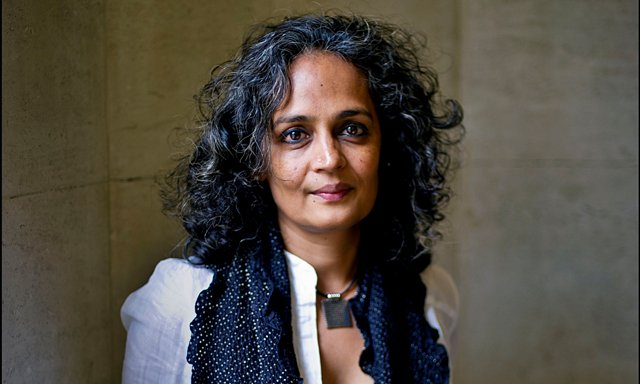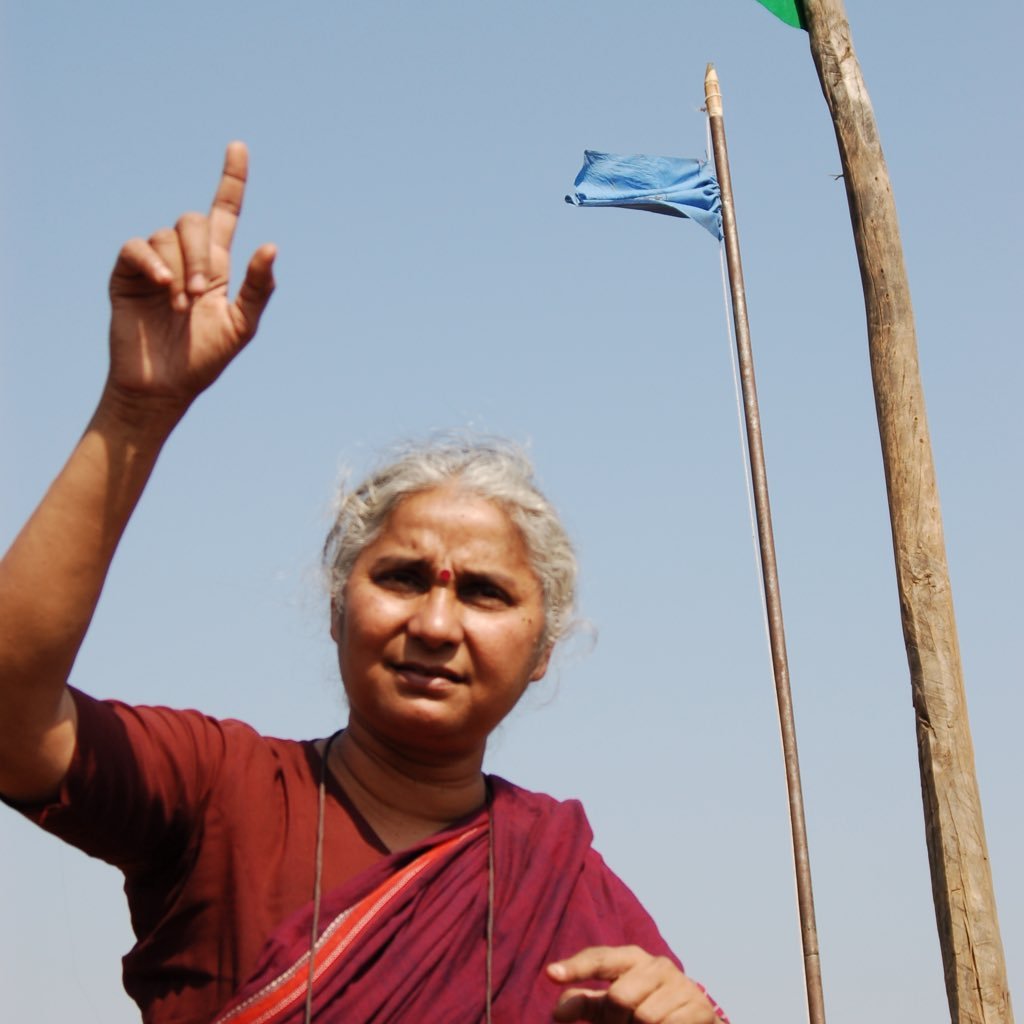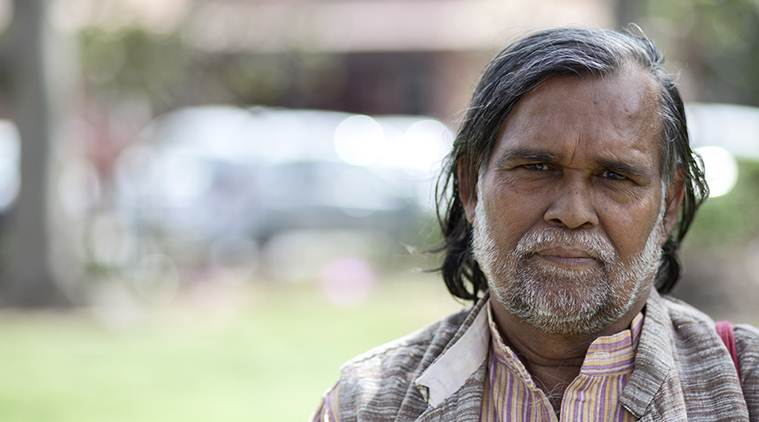Social Justice is getting a bad rap since the proliferation of Twitter. Pre-2008, social justice warriors were considered champions of economic and social issues. According to the Washington Post, Canadian union activist Michel Chartrand was the first known person to be described as a “social justice warrior” in 1991. The connotations changed sometime between 2008 and 2011, when the term was first used as an insult on Twitter. 2011 was also the year the first negative definition of a social justice warrior showed up on Urban Dictionary:
Popular definition of Social Justice Warriors
Urban Dictionary describes it as: “A pejorative term for an individual who repeatedly and vehemently engages in arguments on social justice on the Internet, often in a shallow or not well-thought-out way, for the purpose of raising their own personal reputation. A social justice warrior, or SJW, does not necessarily strongly believe all that they say, or even care about the groups they are fighting on behalf of. They typically repeat points from whoever is the most popular blogger or commenter of the moment, hoping that they will “get SJ points” and become popular in return. They are very sure to adopt stances that are “correct” in their social circle.”
However, on the eve of the World Day of Social Justice 2020, we would like to set things right, for the social justice warriors in India, at least. Forget those armchair SJWs who provide mere clicks and tweets to a cause. Meet three authentic social justice warriors of India who put their blood, sweat and tears into fighting for the rights of those who don’t have a voice.
Arundhati Roy

After her Booker Prize-winning novel The God of Small Things, free-spirited author Arundhati Roy has been active in various environmental and human rights causes, often putting herself at odds with legal authorities and the establishment. She drew criticism for her vocal support of Maoist-supported Naxalite insurgency groups, summarized in the book, Walking with the Comrades (2011).
In 2010 she narrowly avoided sedition charges after making remarks in support of Kashmiri independence. In December 2015, she was issued a contempt of court notice for an article in which she defended a professor who had been arrested for alleged Maoist links. In the latest news, she was among a number of people who cosigned an open letter last year that called for Afghan women to be involved in peace talks between the United States and the Taliban.
Medha Patkar

This Goldman Environmental prize-winning activist is known chiefly for her work with people displaced by the Narmada Valley Development Project (NVDP), a large-scale plan to dam the Narmada River and its tributaries in Madhya Pradesh, Gujarat, and Maharashtra. The background to Patkar’s activism took place during the 1960s and early ’70s, when the Indian government was promoting dam building as a route to modernization. It would also, however, displace hundreds of thousands of people.
Patkar visited villages in the Narmada valley that were to be submerged after the completion of the massive dam. In 1986, she and her supporters organized marches and protests against the local government entity that was seeking financial grants from the World Bank for the Sardar Sarovar project.
Patkar established the organization Narmada Dharangrastra Samiti, which in 1989 became the Narmada Bachao Andolan. In 1990, Patkar led the Andolan members and some 3,000 people displaced by dam projects on a march from northern Madhya Pradesh toward the Sardar Sarovar dam site, but they were stopped at the Gujarat border by police and pro-dam activists. However, after further protest and opposition, including hunger strikes, they achieved a breakthrough in 1993 when the World Bank withdrew from the project.
Prafulla Samantara


